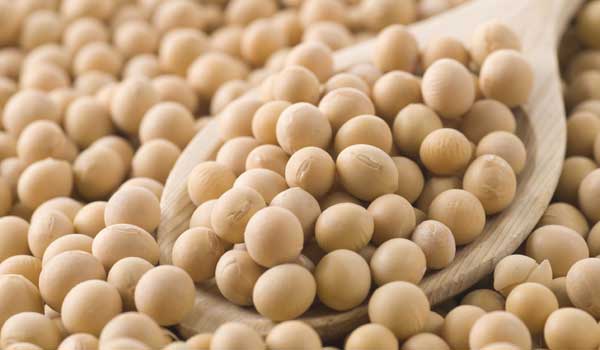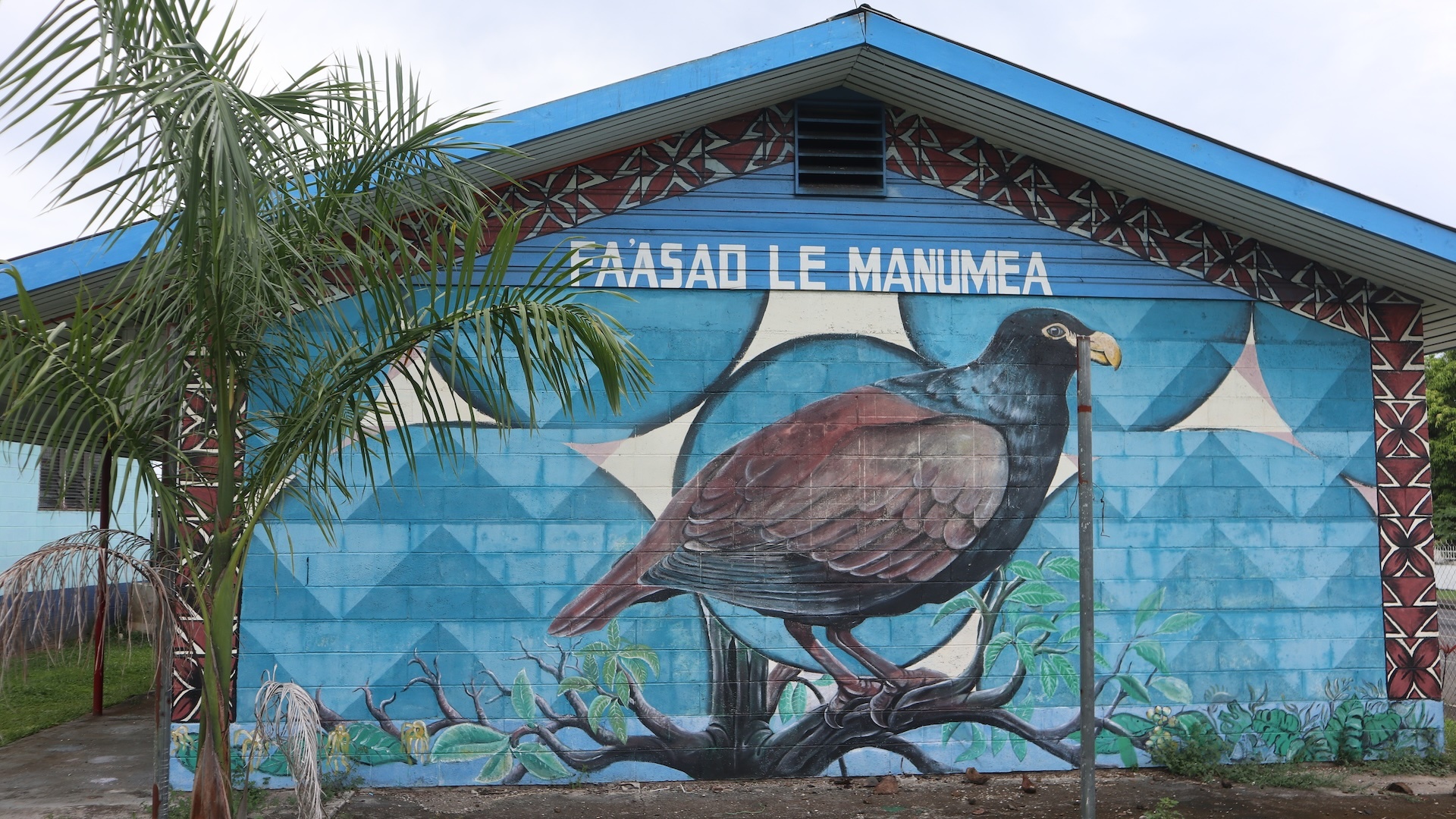These Plant Compounds May Reduce Menopause Symptoms

Some plant-based therapies, including supplements with compounds found in soybeans, may help reduce symptoms of menopause, according to a new review of relevant research.
However, the scientists who completed the review called for more rigorous studies on the topic to confirm their results.
The researchers analyzed information from 62 previous studies that together included more than 6,600 women. In these studies, the women took either a planted-based therapy, such as a supplement or herbal remedy, or a placebo to treat symptoms of menopause. The plant-based therapies included a class of compounds called phytoestrogens, which are found in certain foods, like soybeans.
Reducing hot flashes
The researchers looked to see whether the plant-based therapies reduced symptoms of menopause, including hot flashes, vaginal dryness and night sweats.
Overall, women who took phytoestrogens had about one fewer hot flash per day, and also had lower scores on a measure of vaginal dryness, compared with women who took a placebo. This benefit was seen regardless of whether the phytoestrogens were found in foods, like soy protein, or supplements, like those with extracts from soy, the researchers said. However, phytoestrogens did not reduce the number of night sweats that women experienced.
Phytoestrogens may help with symptoms of menopause because these compounds are similar in structure to the hormone estrogen. (Many symptoms of menopause are due to low levels of estrogen.) [5 Key Nutrients Women Need As They Age]
The researchers also found that some herbal remedies were linked with a reduced number of daily hot flashes. These remedies include ERr 731, an extract from the plant species Rheum rhaponticum, and pycnogenol, an extract from pine bark. However, not many studies tested these particular remedies, so more research is needed to better determine how well they work in reducing menopausal symptoms, the researchers said.
Get the world’s most fascinating discoveries delivered straight to your inbox.
The study failed to find a link between Chinese herbal medicines, such as dong quai, and reduced symptoms of menopause. Supplements of the black cohosh plant also failed to affect symptoms of menopause.
Effectiveness of alternative therapy
The researchers noted that the studies included in the review were sometimes quite different from each other, in terms of the age and ethnicity of people included, and how long the studies lasted. These differences can make it difficult to pool information from the studies to get a consistent result, the researchers said. Because of this, "further rigorous studies are needed to determine the association of plant-based and natural therapies with menopausal health," wrote the researchers, from Erasmus University Medical Center in the Netherlands, and the University of Cambridge in the United Kingdom, in today's (June 21) issue of the journal JAMA.
Although hormone replacement therapy can reduce symptoms of menopause, this treatment has been linked with an increased risk of breast cancer, leading many women to turn to complementary therapies, including plant-based therapies, the researchers said. As such, the researchers said, determining the effectiveness of these alternative therapies is important.
It's important to note that people should be cautious when buying dietary supplements, because studies have found the supplements sometimes contain ingredients that are not listed on the labels, or they may have too much or too little of the active ingredient. People can speak with their doctors for advice on dietary supplements and whether they should take such treatments, the Food and Drug Administration said.
At least one herbal medicine may actually cause hot flashes in some people; in a 2012 case, an 11-year-old girl experienced hot flashes after taking daily doses of the herbal medicine saw palmetto. (This herbal medicine was not included in the current study.)
Original article on Live Science.

Rachael is a Live Science contributor, and was a former channel editor and senior writer for Live Science between 2010 and 2022. She has a master's degree in journalism from New York University's Science, Health and Environmental Reporting Program. She also holds a B.S. in molecular biology and an M.S. in biology from the University of California, San Diego. Her work has appeared in Scienceline, The Washington Post and Scientific American.


